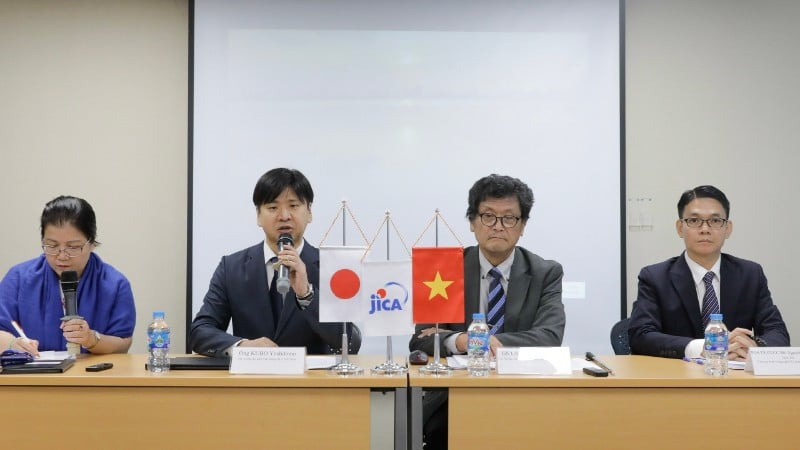
On the afternoon of October 14, the Japan International Cooperation Agency (JICA) in Vietnam held a press conference with the participation of Professor Usagawa Tsuyoshi - Japan's leading expert in the field of semiconductors and human resource training, special advisor of Vietnam - Japan University; Associate Professor, Dr. Bui Nguyen Quoc Trinh - Director of the semiconductor chip engineering technology training program, Vietnam - Japan University, Vietnam National University, Hanoi .
Speaking to the press at the press conference, Professor Usagawa Tsuyoshi cited the results of a recent survey in Japan showing that the country's top 8 corporations alone need about 40,000 new semiconductor engineers in the next 10 years, equivalent to 20,000 people every 5 years. This number reflects the huge demand for human resources in the semiconductor field in Japan. This also happens similarly in other industrial economies .
Meanwhile, Professor Usagawa Tsuyoshi stated that the potential for training semiconductor human resources in Vietnam is very high; at the same time, he said that the goal of training at least 50,000 semiconductor human resources with university degrees or higher, which the Vietnamese Government has set for the period up to 2030, is completely feasible, if implemented synchronously between the state, enterprises and universities.
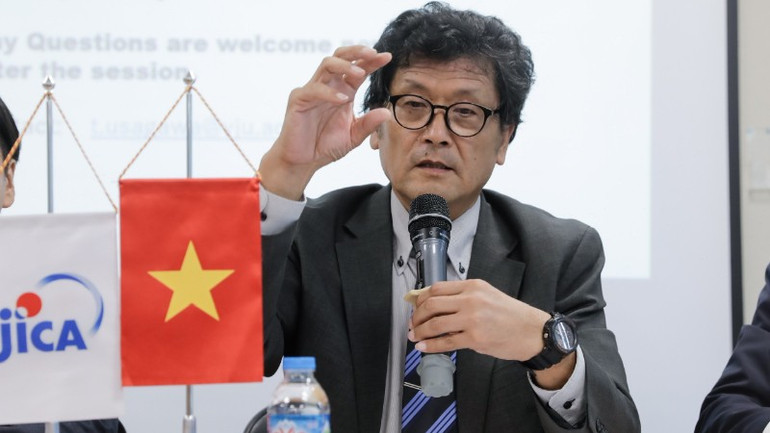
According to him, Vietnam is at a favorable time to develop the semiconductor industry. Currently, Vietnam has only more than 40 enterprises operating in the semiconductor value chain, mainly concentrated in Hanoi, Ho Chi Minh City and Da Nang. These enterprises mostly participate in the stages: design, research-development, packaging-testing, etc. Vietnam needs to expand in more complex stages.
Assessing the semiconductor industry as a highly competitive field and rapidly developing technology, Professor Tsuyoshi proposed three core skills that a future semiconductor engineer needs to have: having an interest in certain subjects such as Mathematics, Physics, Computer Science, Electronics; having the ability to think logically to solve complex problems; having a strong motivation to continue learning after graduation.
The professor cited the results of the statistical survey of the Program for International Student Assessment (Pisa) in Japan, which showed that the higher the level of education, the fewer female students studying natural sciences, and at university level, the number of female students studying science and technology only reached 10%. This shows that in Japan, the participation of female students in science and technology is not as high as that of men. Meanwhile, he highly appreciated the participation of female human resources in Vietnam in this industry.
In Vietnam, in 2025, there will be 7 universities enrolling students in semiconductor majors, including Vietnam-Japan University with 100 quotas for Semiconductor Chip Engineering Technology in the first year of enrollment. This class of students will graduate in 2030.
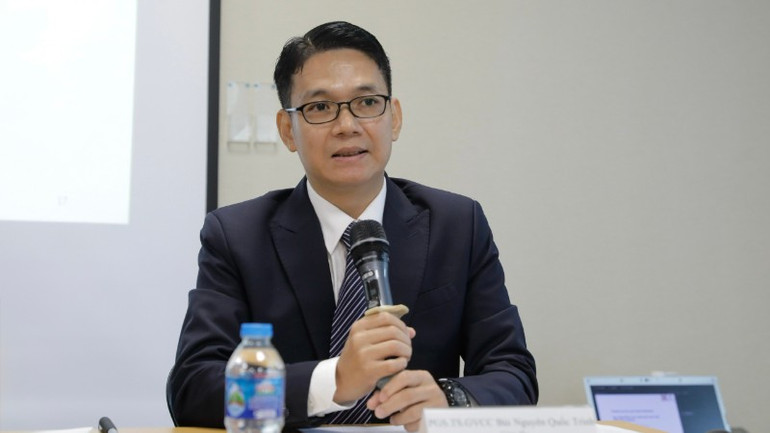
At the press conference, Associate Professor, Dr. Bui Nguyen Quoc Trinh said that this is the first direct training program in semiconductor engineering technology in Vietnam. After the first two years of basic knowledge, from the third year, students begin to study the major. Three other programs related to semiconductor chips are Computer Science and Engineering, Intelligent Mechatronics and Japanese Manufacturing, Intelligent Control and Automation.
This is one of the pioneering programs in Vietnam designed with the participation of academic partners such as the University of Tokyo and Kumamoto University (two leading training institutions in semiconductor technology in Japan), with support from the semiconductor alliance with members being specialized universities in Japan.
Experts at the press conference also commented that the “university-enterprise-research institute” cooperation model is the key to helping Vietnam develop a sustainable semiconductor human resource. Linking training and learning through projects and practice at enterprises is considered an effective solution for students to be able to work immediately after graduation.
Source: https://nhandan.vn/tiem-nang-lon-trong-dao-tao-nguon-nhan-luc-ban-dan-o-viet-nam-post915395.html




![[Photo] The 18th Hanoi Party Congress held a preparatory session.](https://vphoto.vietnam.vn/thumb/1200x675/vietnam/resource/IMAGE/2025/10/15/1760521600666_ndo_br_img-0801-jpg.webp)



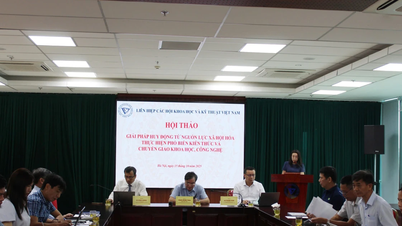

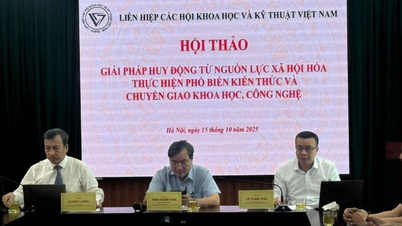
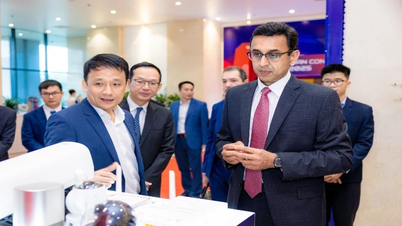



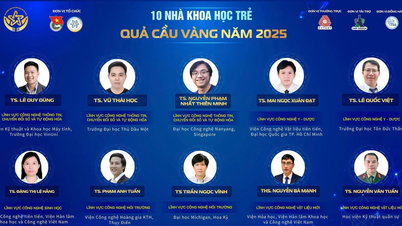




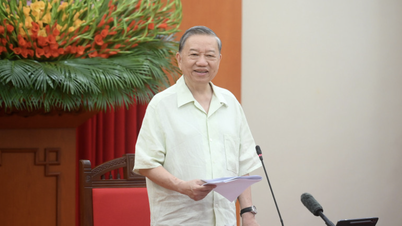

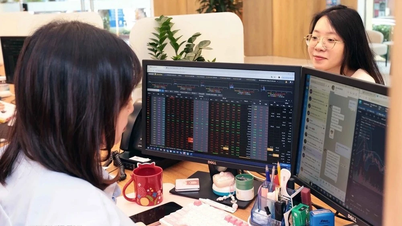

![[Photo] The 18th Hanoi Party Congress held a preparatory session.](https://vphoto.vietnam.vn/thumb/402x226/vietnam/resource/IMAGE/2025/10/15/1760521600666_ndo_br_img-0801-jpg.webp)
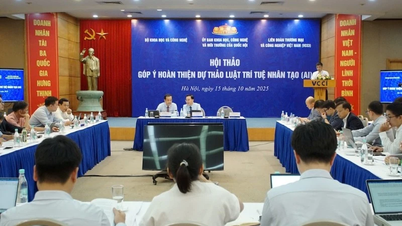


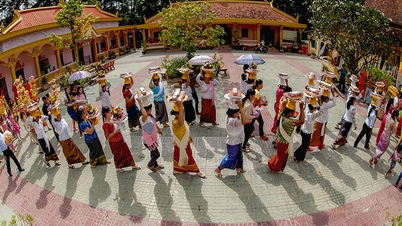

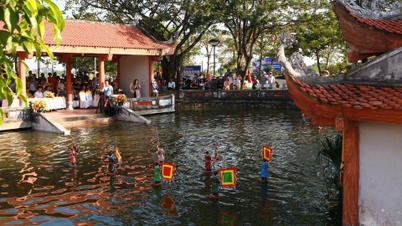
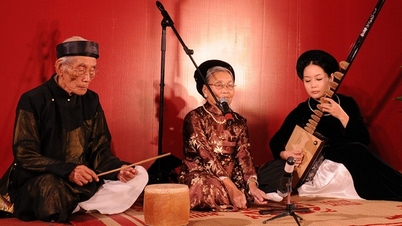




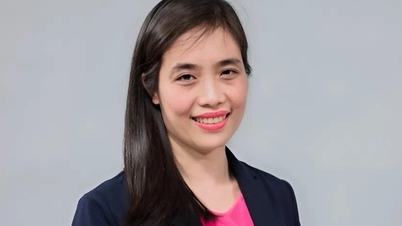

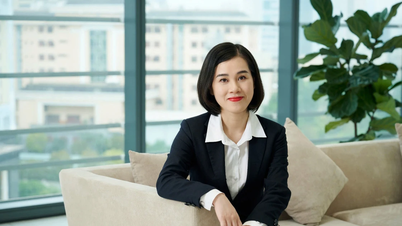
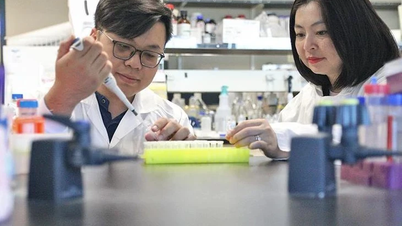
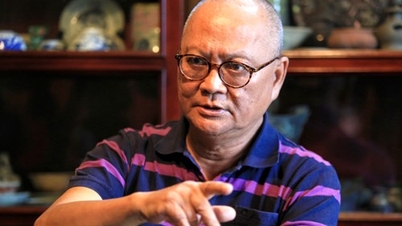




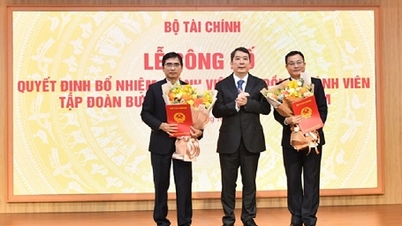

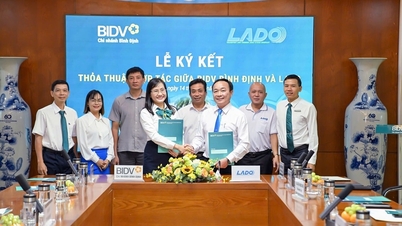

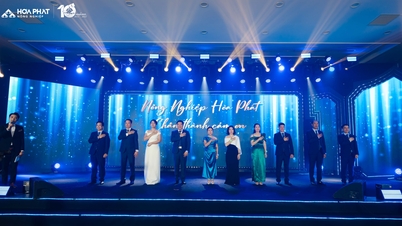









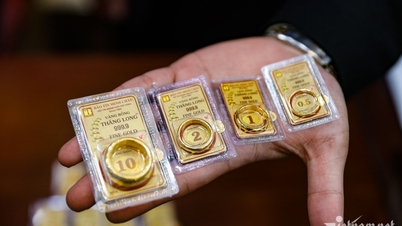
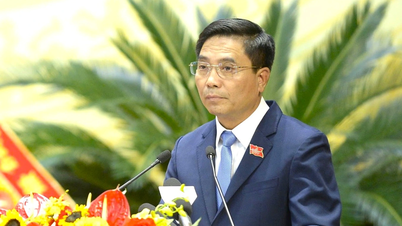
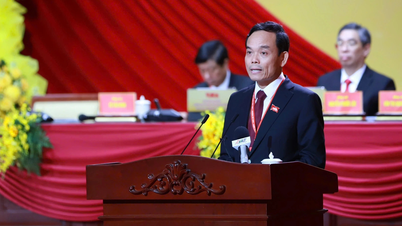

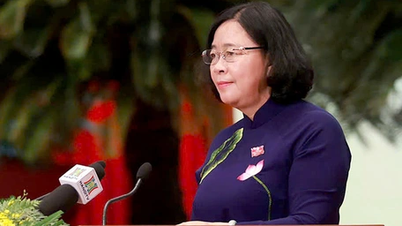

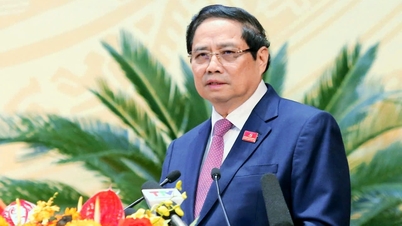
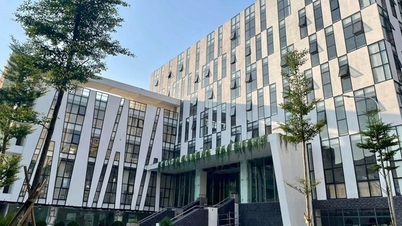

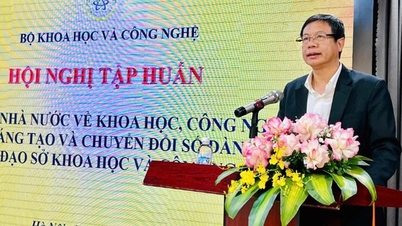

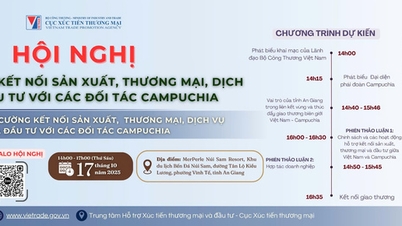



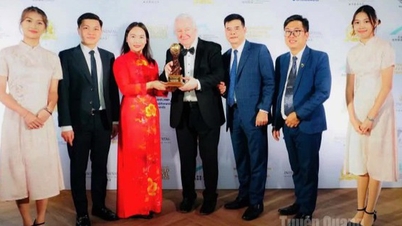
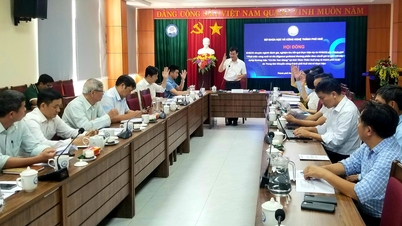

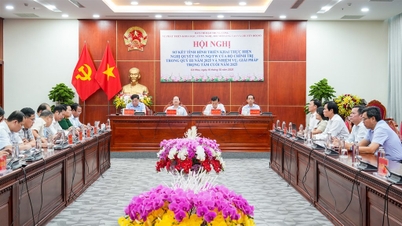
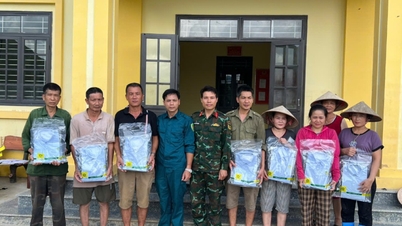

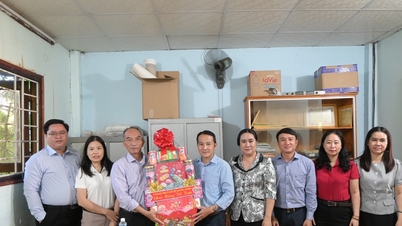

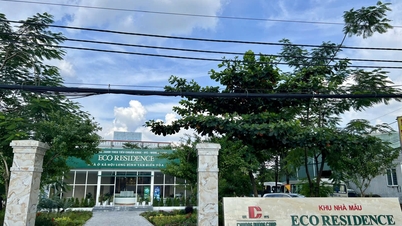

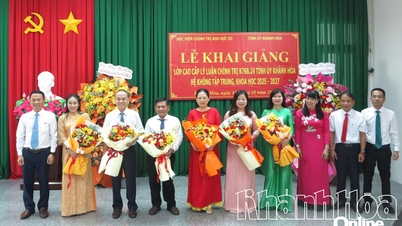















Comment (0)